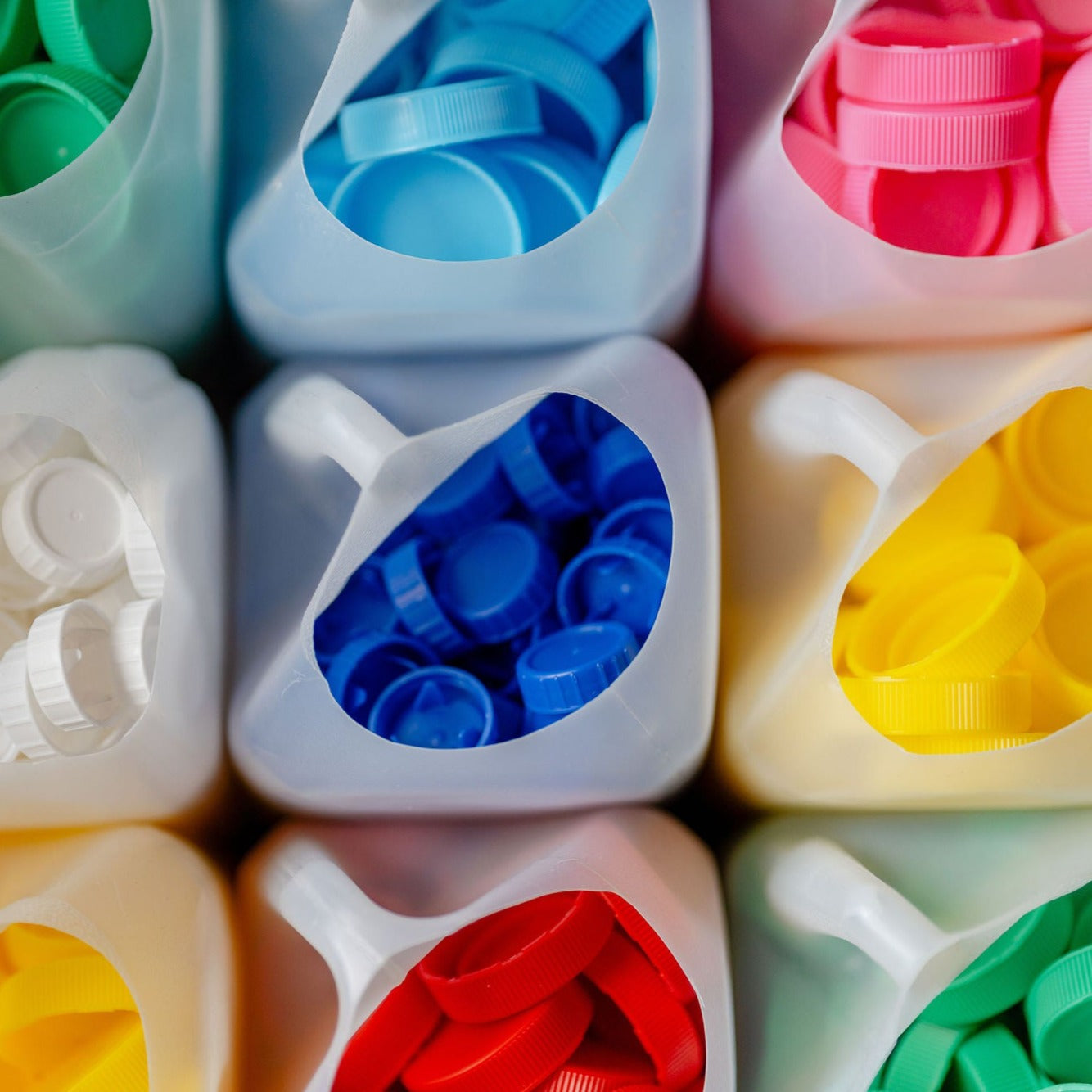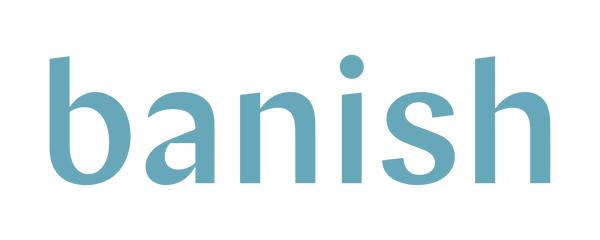
What are the 7 plastic symbols and what do they mean?

By Hamish Day
Have you ever wondered what these little recycling symbols on the bottom of your plastic bottles really means? Well in actual fact, they aren’t recycling symbols at all. They are plastic identification codes. These codes indicate what type of plastic the item is made from, not whether it can actually be recycled.
While most forms of plastic are recyclable, not every type of plastic is accepted though your local council recycling system, so we have provided you with a general guide detailing what each identification codes mean and whether the product can be recycled. However, for more detailed information on what your council will and will not accept, please head to your local council’s website.
PETE or PET (Polyethylene Terephthalate)
PET or PETE is most commonly used in single use bottles for beverages and condiments, it is lightweight and easy to recycle. But that doesn’t mean its environmental impact is low, globally there are over a million PET bottles sold every minute. So, avoid them as much as you can and make the switch to a reusable metal or glass water bottle and dodge the plastic packaging at the supermarket by buying glass instead. But if you do need to recycle your PET or PETE make sure that it’s empty pop it in your yellow recycling bin.
Common forms: Water, Soft drink, sports drink and condiment bottles (mayonnaise, tomato sauce, salad dressing); oil, peanut butter, jam containers
Sustainable swaps: Project Pargo water bottle
![]()
HDPE (High density polyethylene)
HDPE is a form of rigid plastic used primarily for packaging items such as detergents, soaps and chemicals. These plastics can be recycled the same way as PET bottles. But if your bottle has a pump or spray don't put that part in the recycling bin. Remove the pump and send it us to be recycled through our BRAD program! The container is then fine to pop in the yellow recycling bin. But please make sure it is empty first.
Common forms: Shampoo & conditioner, body wash, soaps, bleach, laundry detergent, milk & juice bottles, some sports water bottles
Sustainable swaps: Shampoo & Conditioner Bar, Lil’ Bit toilet cleaning tablets
![]()
PVC (polyvinyl chloride)
PVC come in two forms; rigid and flexible. Rigid forms are primarily used in construction for pipes and other plumbing as well as packaging to make bottles and contains for both food and non-food items. PVC can be difficult when it comes to recycling, but a general rule of thumb is that rigid forms of PVC can be recycled though your curb side recycling, but soft PVC like cling wrap and bubble wrap cannot. They can however be recycled through the REDcycle bins found at participating Coles and Woolworths stores.
Common Forms: Piping, wire jacketing, cling film, bubble wrap, vinyl flooring, bottles, containers
Sustainable swaps: Wanderlighly beeswax wrappers , Lemon & Eucalyptus Dishwashing Block
![]()
LDPE (Low density Polyethylene)
These lightweight soft plastics are everywhere, and they can’t be recycled through your council recycling system. They are primarily used as packaging for food stuffs as well as shopping bags and they should be avoided as much as possible. But if you need to dispose of any LDPE plastic it can be recycled through the REDcycle bins found at participating Coles and Woolworths stores.
Common forms: Produce packaging (fresh & frozen), bread bags, bin liners, zip-lock bags, shopping bags
Sustainable swaps: Sabbia Co. canvas shopper set, Onya compostable bin liners
![]()
PP (Polypropylene)
PP is a fully recyclable rigid plastic used to make Tupperware® containers and other multi-use plastic storage containers as well as some take away and food containers (make sure you check the package). When you need to recycle your PP container at the end of its life make sure no food scraps in there and pop it in your yellow bin.
Common forms: Tupperware®, butter & margarine containers, bottle tops, plant pots, take away containers, yoghurt & ice cream containers, kitchenwares
Sustainable swaps: Senda Essentials bamboo lunchbox, Little Pepino bamboo brush set
![]()
PS (Polystyrene)
In Australia there is currently no easy way to recycle polystyrene or styrofoam, most recycling facilities won’t accept it as the foam is 98% air and can easily break into small pieces contaminating other recyclables. So please don't put it in your yellow bin. If you have to dispose of it, unfortunately it has to go in your red bin destined for land fill so try and avoid it as much as possible.
Common forms: Meat and poultry trays, foam coffee cups, plates and take away containers; electronics packaging, insulation, boxes and containers.
Sustainable swaps: Joco reusable coffee cup
![]()
A large number of plastic products such as E-waste and furniture are grouped together in this final category. Typically they can not be recycled through your curbside recycling but it’s best to check your local council website. But for E-waste head to the Department of Agriculture, Water and Environment website to find where your local drop-off point is.
Common forms: E-waste, CDs and DVDs, outdoor furniture, nylon, polyurethane
4. REDcycle

